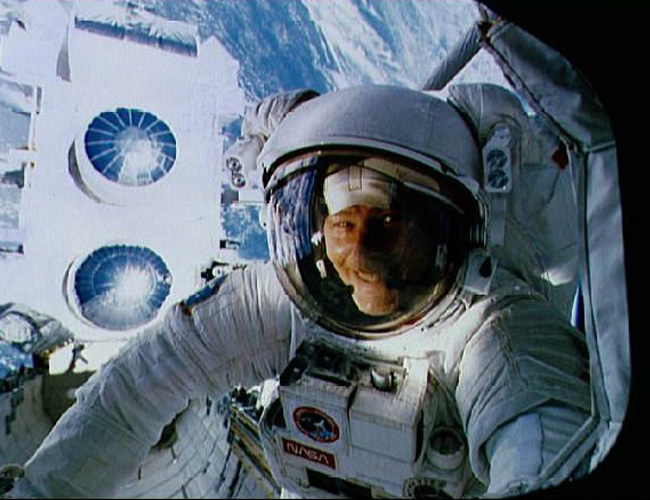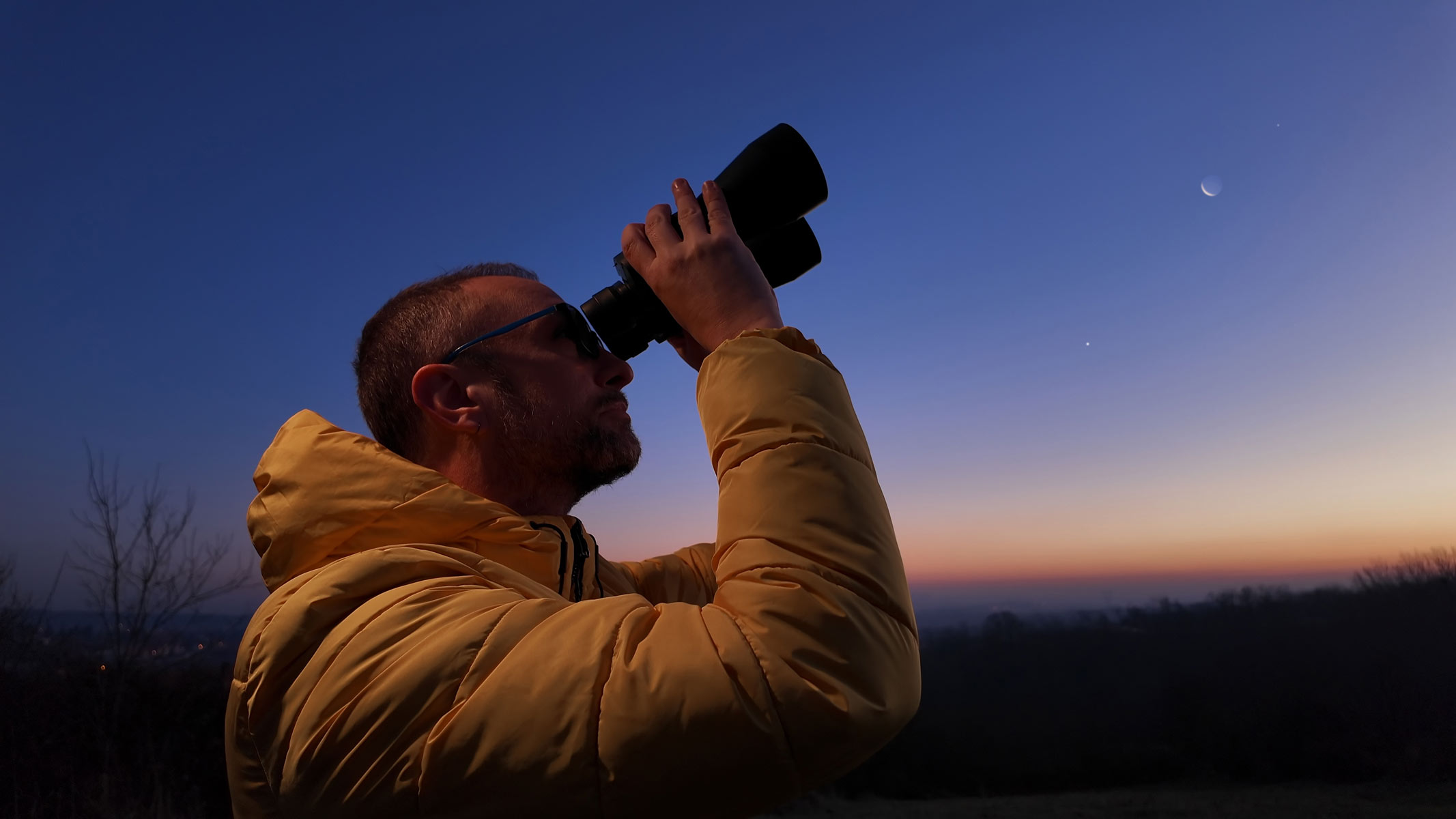Record-Setting Astronaut Retires from NASA

NASA astronaut Jerry Ross, the first person ever to fly seven space missions, is hanging up his spacesuit.
After three decades as an astronaut, including almost 1,400 hours spent in orbit, Ross is retiring from NASA and plans to take some time off.
"Jerry has been instrumental in the success of many of NASA's human spaceflight missions and numerous spacewalks," said NASA's Chief Astronaut Peggy Whitson in a statement. "Not only were his skills and operational excellence key in major spaceflight activities but his expertise and vigilance also helped all those who followed in his footsteps. We are the better for his years of dedication to the corps and NASA."
During his seven flights, Ross spent 58 hours and 18 minutes on nine spacewalks — enough to rank third on the list of people who've accumulated the most time floating outside a spacecraft. [Biggest Human Spaceflight Records of All Time]
"As one of the most experienced astronauts — not just by number of launches, but by time spent outside during spacewalks — Jerry Ross made long-lasting and important contributions to U.S. space history," said space history and artifacts expert Robert Pearlman, editor of SPACE.com sister site collectSPACE.com. "I understand that he plans to release his autobiography, titled 'Space Walker,' in next couple of years. I, along with a good number of space history enthusiasts, will be eager to read his insights into the shuttle and space station programs."
Ross, now 64, plans to explore a bit closer to home in his retirement.
"Ross and his wife of 42 years, Karen, are looking forward to continued travels, especially visiting New Zealand and Australia," his hometown local newspaper Northwest Indiana Times reported. "Ross will have time for his many hobbies, including genealogy, woodworking, photography and model rocketry."
Get the Space.com Newsletter
Breaking space news, the latest updates on rocket launches, skywatching events and more!
Ross, a retired Air Force colonel, joined NASA's astronaut corps in 1980. He flew on three different space shuttles — Endeavour, Columbia and Atlantis — during his spaceflight career.
Ross' first flight into space was on Atlantis' STS-61B mission to deploy three communications satellites in 1985. Ross' last mission was the STS-110 flight of Atlantis in 2002, which delivered the S-Zero truss segment to the backbone of the International Space Station.
Ross' daughter Amy Ross is an engineer who designed space gloves for NASA. Her father wore the first pair she designed during a spacewalk on the STS-88 mission to the space station in December 1998.
In addition to flying in space, as an astronaut Ross managed NASA's Vehicle Integration Test Office.
"Jerry was equally invaluable leading this critical team, especially through space station assembly, the transition to the space shuttle retirement, and during the initial phases of our future programs," said Janet Kavandi, director of Flight Crew Operations at NASA, in a statement. "He was considered a mentor to many he worked with there. We wish him the best in his well-deserved retirement."
You can follow SPACE.com assistant managing editor Clara Moskowitz on Twitter @ClaraMoskowitz. Follow SPACE.com for the latest in space science and exploration news on Twitter @Spacedotcom and on Facebook.
Join our Space Forums to keep talking space on the latest missions, night sky and more! And if you have a news tip, correction or comment, let us know at: community@space.com.

Clara Moskowitz is a science and space writer who joined the Space.com team in 2008 and served as Assistant Managing Editor from 2011 to 2013. Clara has a bachelor's degree in astronomy and physics from Wesleyan University, and a graduate certificate in science writing from the University of California, Santa Cruz. She covers everything from astronomy to human spaceflight and once aced a NASTAR suborbital spaceflight training program for space missions. Clara is currently Associate Editor of Scientific American. To see her latest project is, follow Clara on Twitter.
